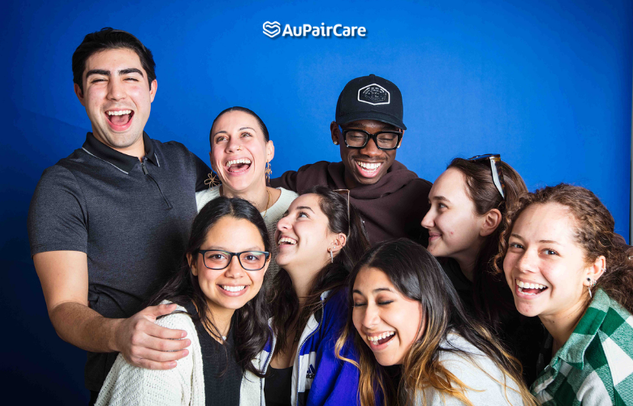Personal Safety Tips for Au Pairs | A Guide to Safely Living in America
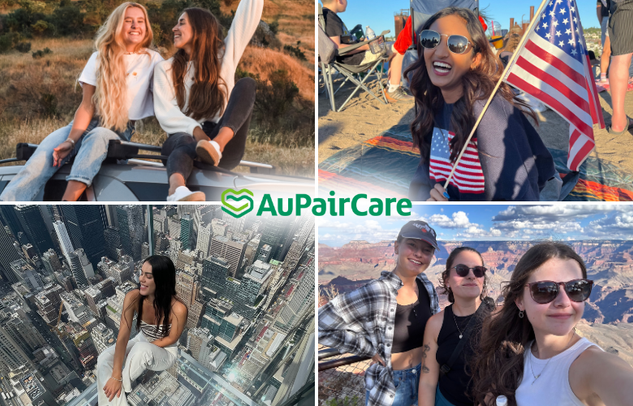
How to be smart, stay safe, and confident during your au pair adventure in America
Becoming an au pair in the United States is an exciting and life-changing opportunity. You’re traveling to a new country, living with a host family, and experiencing American culture firsthand. But with this amazing adventure also comes the responsibility of staying safe, especially when navigating unfamiliar places or situations.
Whether you're new to the U.S. or have been here for a few months, these personal safety tips will help you feel more confident, secure, and prepared throughout your year. Share these tips with fellow au pairs, host families, and friends; it’s always better to stay informed and connected.
On the Go
1. Know your Surroundings: One of the most important safety habits is simply being aware of your environment. When you first arrive at your host family's home, take time to get to know your surroundings. Learn about the area you’re living in: Where are the nearest police stations, hospitals, and stores? What areas should be avoided at night? Staying alert can help you avoid dangerous situations.
- Avoid distractions like texting while walking.
- Stay in well-lit, populated areas. Ask your host family about areas to avoid.
- If something feels off, trust your instinct and leave.
2. Stay Connected: Always keep someone informed about your plans and whereabouts. Whether it’s your host parents, a fellow au pair, or a friend back home, let someone know where you are and when you expect to return.
- Share your location with a trusted friend or family member.
- Set regular check-ins if you're going somewhere unfamiliar.
- Keep your phone charged and carry a portable battery.
3. Emergency Contacts: In any country, knowing who to callin an emergency can make a world of difference. In the U.S., you can dial 911 for free. Dialing 911 will connect you with emergency services like police, fire, or medical help. Be sure to follow these top tips for calling 911.
Good contact information to have on hand:
- Your host family's address and phone numbers- but remember never to share this information.
- Local non-emergency police contacts
- Embassy or conulate information
4. Secure Your Belongings: Au pairs often commute with bags, phones, or laptops, making them easy targets for theft. Pickpocketing and theft can happen anywhere, including in the U.S. Keeping your belongings close and secure is a simple but vital habit.
- Use crossbody bags or backpacks with zippers
- Avoid carrying your important documents like your passports and visa; instead, use a copy and store the original securely. Always carry digital/electronic copies of important documents- passport photo page, DS-2019, I-94 arrival record, and letter of participation.
- Never leave personal belongings in public places.
5. Use the Buddy System: There’s truth in the phrase “safety in numbers, individuals are significantly less vulnerable when accompanied by a friend. Traveling with a friend or fellow au pair makes you less of a target for potential threats.
- Plan outings or errands with another au pair or friend when possible
- Join local au pair meet ups and Cultural Connection Events for a built-in community
- If you're going somewhere new, go during the day for the first time.
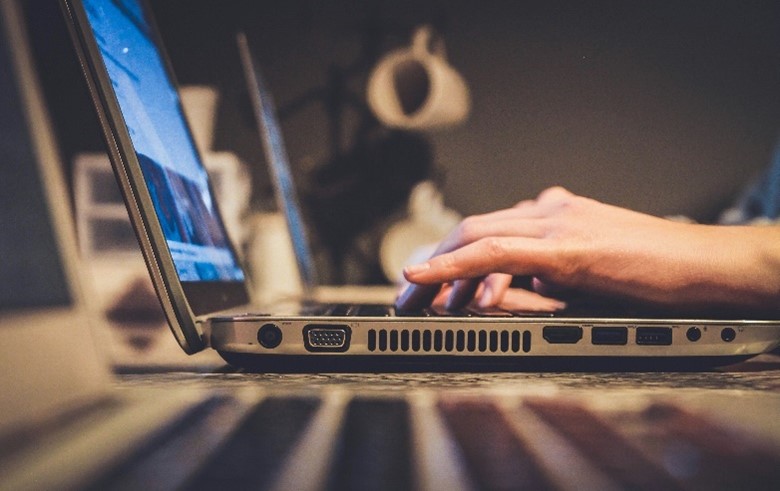
Avoid Scams
Unfortunately, international visitors are frequently targeted by scammers. Staying informed about common scams can help you avoid becoming a victim. The Federal Trade Commission (FTC) warns that scammers often impersonate government officials when contacting you, so recognizing the signs of a scam is crucial.
6. Do NOT share personal Information
Ignore and block and unwanted calls or text messages. Avoid giving out your Social Security number, banking details, or other sensitive data, especially via phone, email or text.
7. Do NOT send money in advance
Never send money via gift card or wire transfer to someone you have never met face-to-face. If someone you don’t know asks for money via a money transfer, prepaid debit card, or gift card, it’s likely a scam. View the Federal Trade Commission video on how scammers try to convince you to pay.
8. Do NOT overshare on social media
Share with Care! Be mindful of the personal information you share on social media. Avoid posting details like your location, travel plans, or personal details that could compromise your or your host children's safety. Always get permission from your host family before sharing pictures of your host children online. For more tips on online safety and privacy, visit Staysafe.org.
Best Safety Apps
Apps can be a great way to stay safe. Consider downloading:
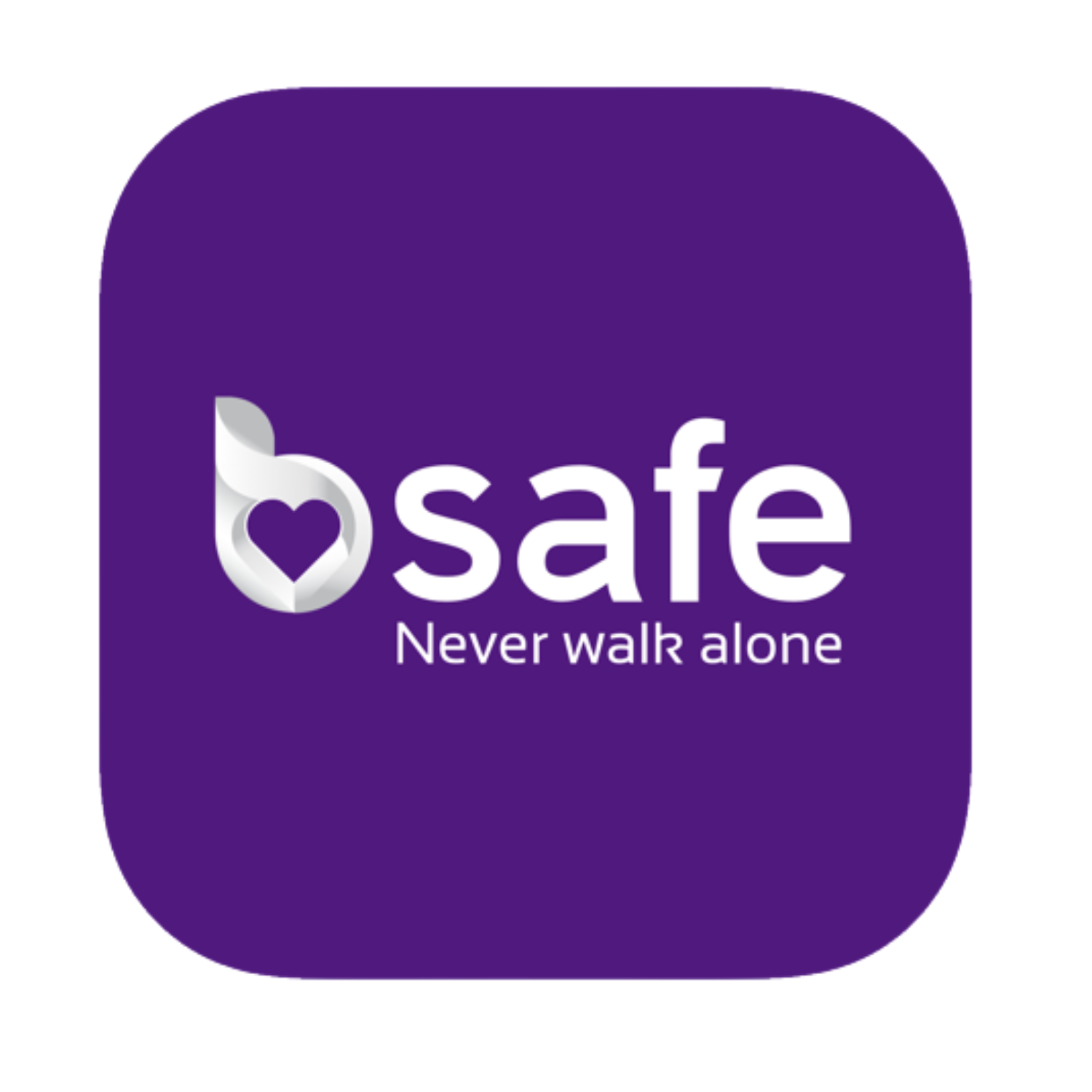
bSafe- Personal safety alarm with GPS tracking.

Noonlight- Triggers emergency services to your location with the tap of a button.

Life360- Uses location sharing to let trusted contacts see your live location
Personal Safety Checklist for Au Pairs
- Share your plans and location with someone you trust
- Memorize emergency contacts
- Carry a fully charged phone
- Avoid isolated or unfamiliar areas at night
- Use secure bags and never leave them unattended
- Travel with a buddy when possible
- Be cautious of online scams and suspicious links
- Limit what you post on social media
Stay Safe and Enjoy the Journey
Personal safety isn’t about being afraid; it’s about being prepared. With a little planning and awareness, you can fully enjoy your time as an au pair in the U.S. while staying safe and confident.
If you're ever unsure, your host parents and local Area Director are here to help. When in doubt, ask questions and speak up. Your safety always comes first.
.png)
Request More Information


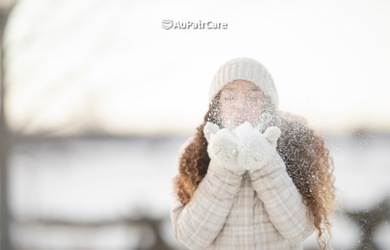
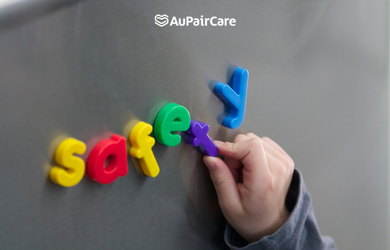

.png)
